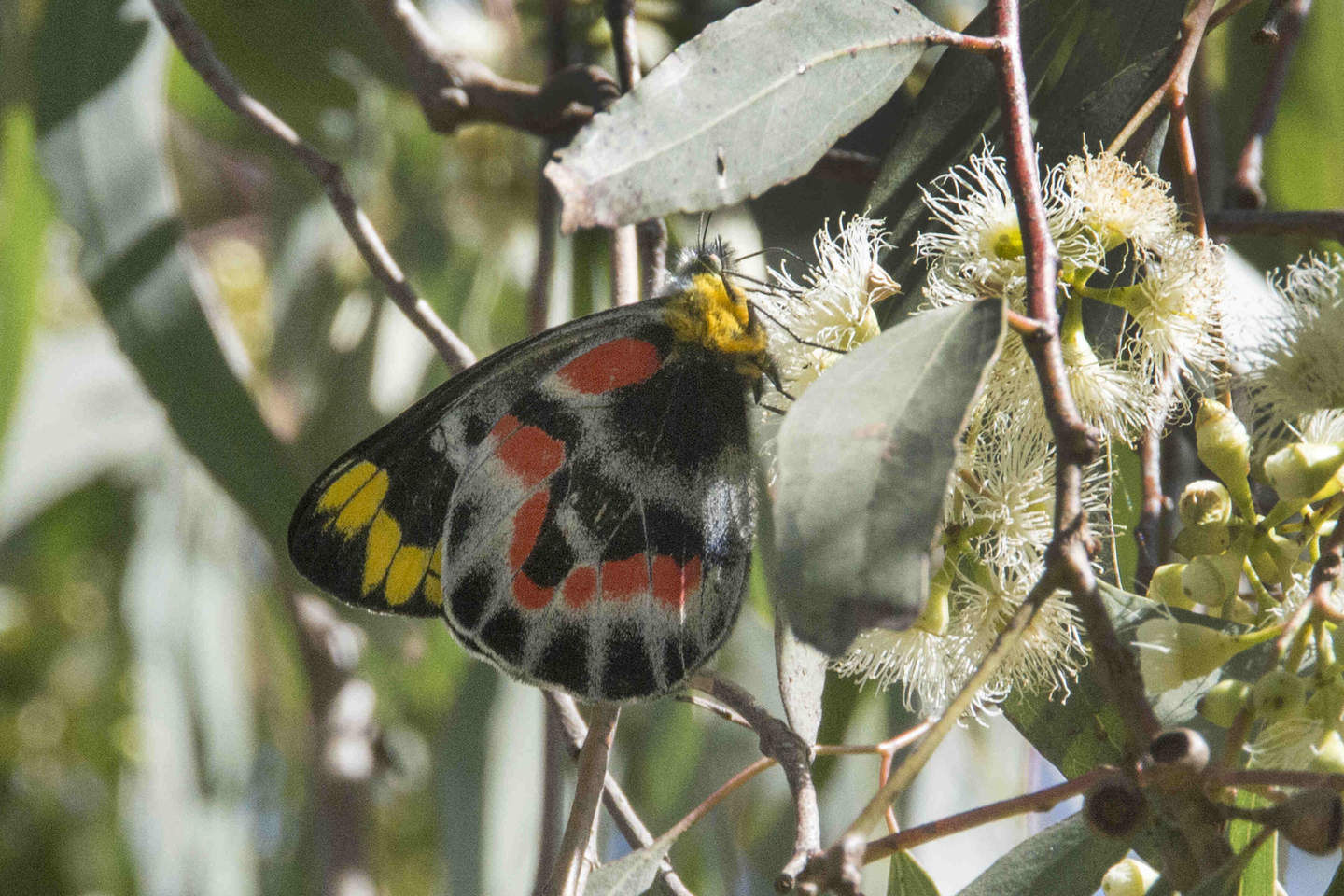Department of Health
As temperatures and humidity rise in the Top End, Territorians and visitors need to be aware of increasing numbers of box jellyfish – or ‘stingers’ – in coastal waters.
Stinger season starts officially today, 1 October 2020 and continues until 31 May 2021, however box jellyfish stings have been recorded historically in every month of the year.
Royal Darwin Hospital and Menzies physician, Professor Bart Currie, said the recent case of a girl being stung by an Irukanji jellyfish at Nhulunbuy highlighted the constant threat existing in Top End waters.
While small, the Irukandji is highly venomous, as is the much larger Chironex box jellyfish.
“The staff at Gove District Hospital did a superb job treating this girl with Irukandji stings but this is a reminder that if you spend time in or on the water in the Top End you must take appropriate steps to avoid being stung,” Prof Currie said.
“Adult Chironex box jellyfish can have 40 or more tentacles, each up to two metres in length and loaded with venom. They can be hard to see and tentacle contact causes immediate excruciating pain.
“The venom can quickly enter the blood stream and in severe cases it can affect the heart, causing irregular heartbeat and in worst case scenarios cardiac arrest and death.”
Children are at greatest risk of death due to their small body size. Each year about 40 people present to Top End health facilities as a result of stingers.
“Stingers prefer calm conditions so are often at the water’s edge, as well as in tidal creeks and around boat ramps,” Prof Currie said.
“Most of our more severe stings and many of the past fatal stings have occurred on entering the water or in shallow water soon after.
“The best advice is to stay out of the sea but if you have to get in the water, cover up with a stinger suit or a shirt and long trousers.”
If someone does get stung:
· Call for help (call 000)
· Douse the area with plenty of vinegar
· If any tentacles are on the skin you can pull them off (the skin on your fingers is thicker, however minor stings may occur on your fingers)
· In extreme cases you may have to perform CPR.








